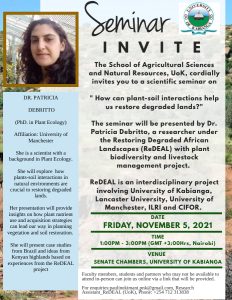Restoration of degraded lands is a collaborative effort between scientists and farmers. It requires those responsible for sustaining restoration interventions and the scientists who have led the project, to be on the same page. Farmers can teach us a lot about how to restore degraded lands. They know the native species that will flourish in their soils and those that are easy and cost-effective to grow. They also know the species that their livestock like to feed on. At Project ReDEAL we’re aware of the value of the insight that farmers can bring to a project like ours and as such, we’ve spoken to local farmers during the course of the project and learnt a lot.
Our partners over at CIFOR have detailed this process. For insights into the opinions of local farmers on restoring degraded land, check out this article and take a look at our film.
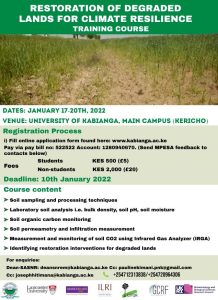
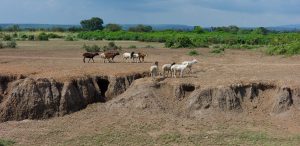
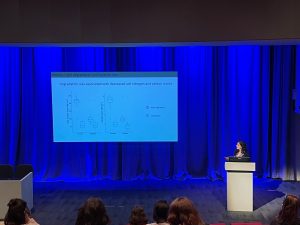
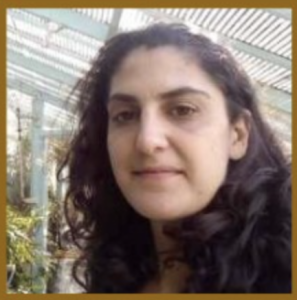 University of Kabianga.
University of Kabianga.